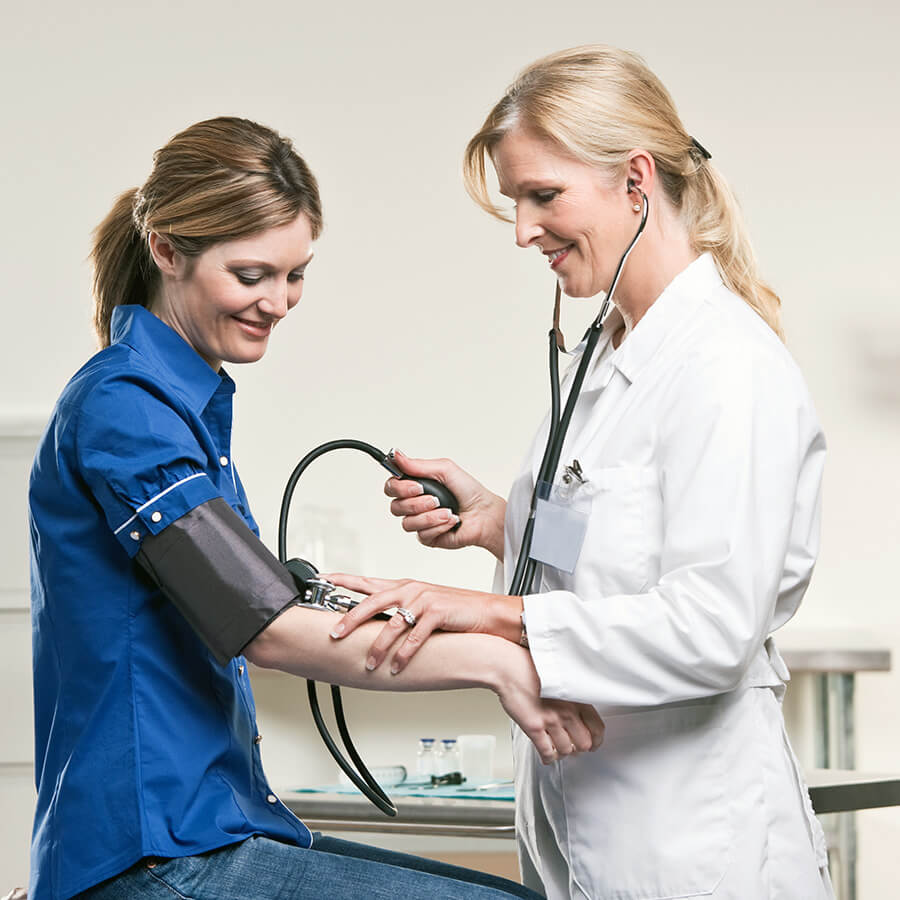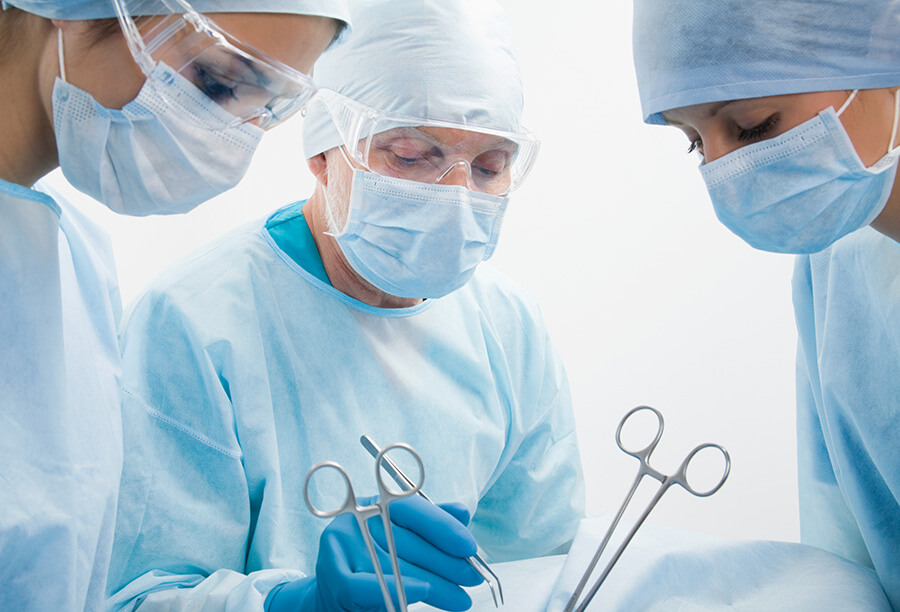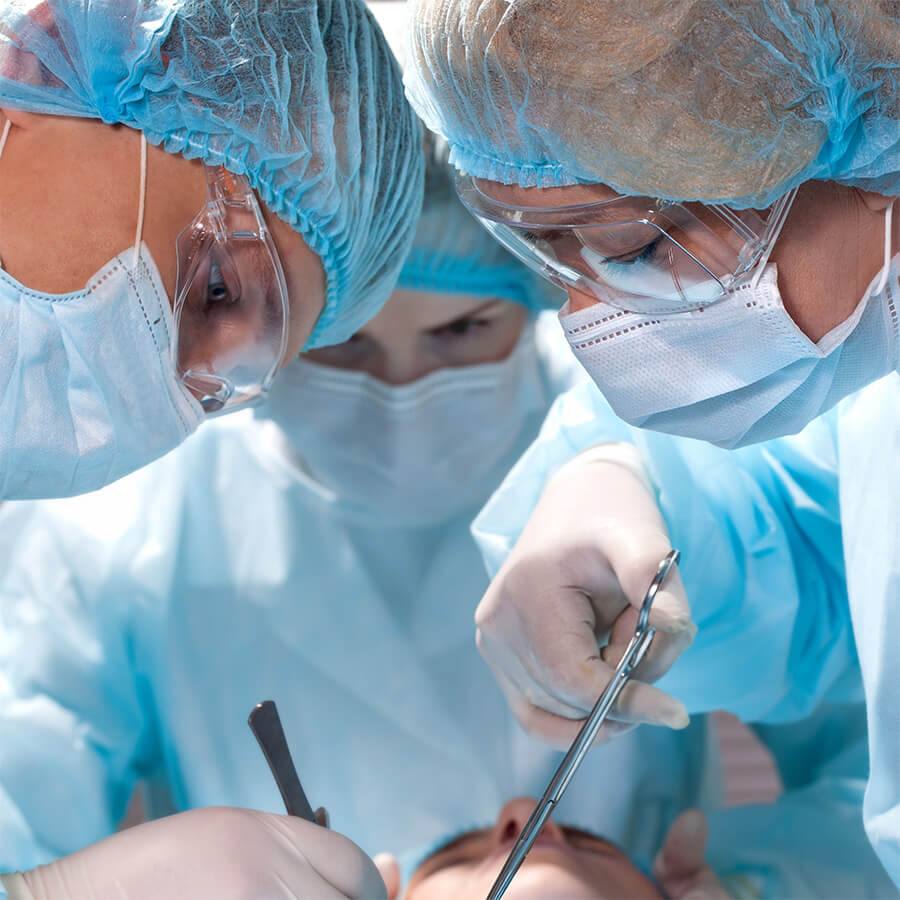Why is it important to undergo medical check-ups, even if you feel fine?
Early diagnosis significantly increases the chances of successful treatment and recovery According to Duden, prevention is: "…a set of measures that prevents the possible subsequent development of events or situations, through which material difficulties or diseases can be avoided." Prevention plays a key role in maintaining our health. The earlier diseases or associated risks are detected, the sooner measures can be taken. Many serious illnesses, such as cancer, hypertension, or diabetes, are asymptomatic in the early stages. However, early diagnosis greatly increases the chances of successful treatment and recovery. Additionally, preventive check-ups help identify potential risks at the earliest stages, allowing symptoms to be prevented from developing. This means that even if you feel completely healthy, regular medical check-ups are necessary to prevent potential health problems in the future. We have compiled a list of recommended preventive check-ups based on your age. From 18 years old: General medical check-up People aged 18 to 35 are entitled to a one-time free check-up to detect cardiovascular diseases, diabetes, and other conditions. The check-up includes: Medical history collection Physical examination Consultation based on the examination results From 20 years old: Early detection of cervical cancer Women are advised to visit a gynecologist at least once, preferably twice, a year. As part of the check-up: Examination of the female reproductive organs Collection of important [...]



